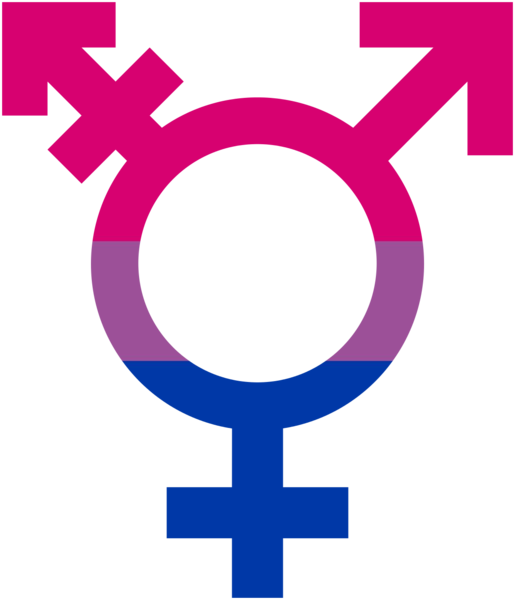L.W. v. Skrmetti
Are people under 18 allowed to receive gender affirming care?
Samantha and Brian Williams from Nashville, TN, along with their 15-year-old transgender daughter, are challenging a Tennessee law that prohibits gender-affirming care for individuals under 18. Tennessee has more than 3,000 transgender adolescents, and the medical community widely supports the care banned by this law. Public Chapter No. 1 not only prohibits best-practice medical care for transgender youth but also mandates that those currently receiving gender-affirming treatment must discontinue it within nine months of the law taking effect on July 1, 2023, with a deadline of March 31, 2024.
Additionally, the law allows private lawsuits against medical providers offering necessary care to transgender youth. "I can’t bear the thought of returning to the dark place I was in before accessing the care prescribed by my doctors," said the Williams' daughter. "I want this law to be overturned so I can continue receiving the care I need, in collaboration with my parents and doctors, and have the freedom to live my life and pursue my interests."
Project 2025 Links
Withdraw Ryan White guidance allowing funds to pay for cross-sex transition support. HRSA should withdraw all guidance encouraging Ryan White HIV/AIDS Program service providers to provide controversial “gender transition” procedures or “gender-affirming care,” which cause irreversible physical and mental harm to those who receive them. (p. 485)
Promoting Life and Family. In dealing with sexually transmitted diseases and unwanted pregnancies, the OASH should focus on root-cause analysis with a focus on strengthening marriage and sexual risk avoidance. Strong leadership is needed in the Office of Science and Medicine to drive investigative review of literature for a variety of issues including the effect of abortion on prematurity and breast cancer; lack of evidence for so-called gender-affirming care; and physical and emotional damage following cross-sex treatments, especially on children. The OASH should withdraw all recommendations of and support for cross-sex medical interventions and “gender-affirming care. (p. 490-491)

